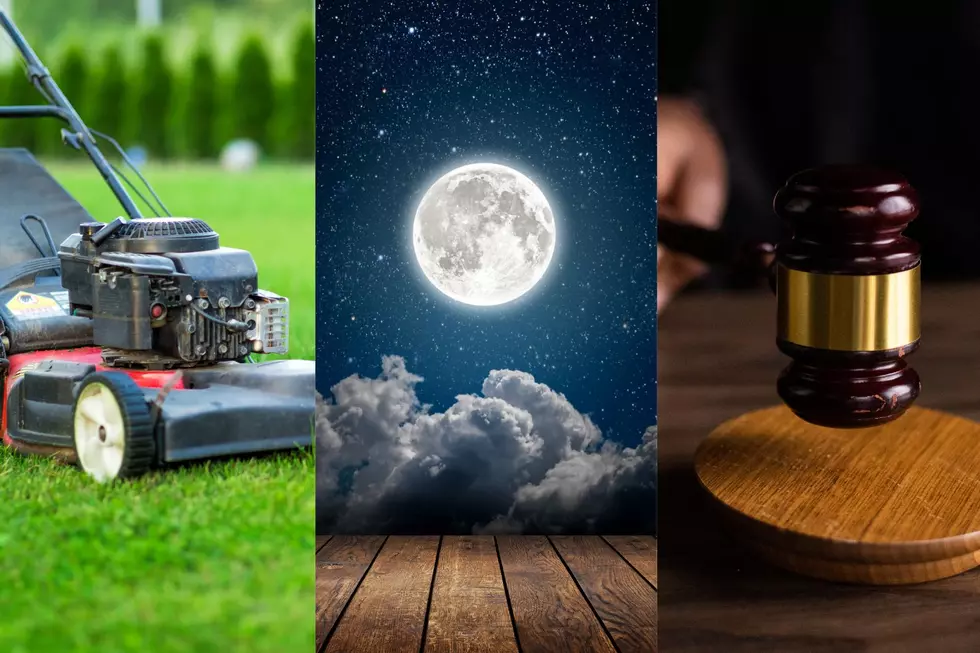
Is It Legal to Sell Human Bones and Organs in Iowa?
Other than making a few bucks, someone might wonder why you'd want to sell someone's human bones in the first place. Selling human bones is supposedly a big business. I'm not sure why but that sentence kind of freaks me out...
Some people may sell bones to help science, others might sell them to "oddity" collectors, and someone could get in contact with a museum interested in certain parts of the human skeletal system.
According to the Death Investigation Training Academy, "The selling of human body parts by “body brokers”, also known as “non-transplant tissue banks,” is an incredibly lucrative business."

While selling bones and/or body parts might be a lucrative business, is it a legal one?
Is Selling Human Bones Legal in Iowa?
Like various laws in the United States, it's not the same for every state. However, it might be a bit surprising to you that a vast majority of the country is allowed to legally sell human bones.
According to CBS News, selling human bones is legal in 47 states. The 3 states that have banned this are Louisiana, Georgia, and Tennessee. You can buy and sell all of the human bones you want in the state of Iowa as long as they are your property.
One of the biggest issues is when people steal bone remains and then sell them. Whether people dig up a grave or break into a morgue, those who steal bones to sell give legitimate bone collectors a bad reputation.
What about organs? If selling bones is legal in the majority of the United States, can you sell a kidney if you want?
Is Selling Human Organs Legal in Iowa?
If 47 states allow the sale of bones, wouldn't organs be the same thing? Nope! According to Find Law, federal law bans the sale of organs in the U.S. This ban includes tissue donation as well as solid organ donation.
There are multiple reasons for the ban on selling organs and one of the biggest reasons for this ban is called "transplant tourism." This is when someone who is wealthy and needs an organ, travels to a country with very little or nonexistent regulations and tries to purchase an organ. In many of these countries, the people willing to sell organs are poor and unaware of the risks that come with donating (selling) an organ for profit.
Not only is the donor (seller) at risk but the person buying the organ may also be at risk if the donor is not properly screened. Find Law reports that "illegal organ markets are detrimental to global public health, especially in developing nations."
If you need/want an organ, there are only 2 ways to get one. Either through organ donation or a living donor who has been properly screened. The Uniform Anatomical Gift Act was created to make sure every state has similar laws regarding organ donation, which bans commercialized organ donations.
*Disclaimer: I am not a lawyer and this is not legal advice. Please speak with your lawyer or local law enforcement regarding the sale/purchase of human bones*
Most Common Scams Iowans Fall Victim To
Gallery Credit: Kerri Mac
Outlaws and Legends Wrap Up
Gallery Credit: Chaz
More From K92.3









